May 31, 2020
May 2020 at Policy Integrity
- Statement on Racial Justice
- Analyzing EPA’s Enforcement Policy During COVID-19
- New Report: How the Clean Car Standards Rollback Shortchanges Americans
- Trump-Era Deregulation and the Cost Savings Narrative
- Litigation Updates: Clean Water Protections, Cross-State Air Pollution, Fuel-Economy Penalties
- Commentary: Remote Work as Climate Policy; Rollbacks and Presidential Power
- Revesz Seminar: Trump Administration Efforts to Weaken Regulatory Analysis
- More Work From This Month
-
Statement on Racial Justice
The Institute for Policy Integrity, along with our colleagues at the NYU School of Law, denounces racism in all its forms. We acknowledge the pain and anger being expressed in protests around the country in the wake of the murder of George Floyd and countless other unjust deaths of Black Americans.
Racial justice issues are inextricably linked to environmental policy and public health. We unequivocally support the communities of color that are the most affected, as well as all those working toward change. We will work harder to listen and learn from them. And we commit to do more to expose and eliminate regulatory policies that perpetuate racism and structural inequality. Read our full statement here.
-
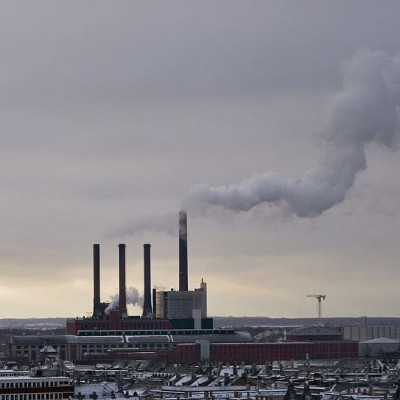
Analyzing EPA’s Enforcement Policy During COVID-19
The Environmental Protection Agency has responded to the COVID-19 pandemic by altering its enforcement and compliance requirements, opening the door to significant public health and environmental harms. Among other changes, the new policy relaxes routine monitoring and reporting, which could lead to widespread pollution violations. We released a report that summarizes the policy and clarifies its contours. An Inside EPA piece highlights our report and its findings.
-
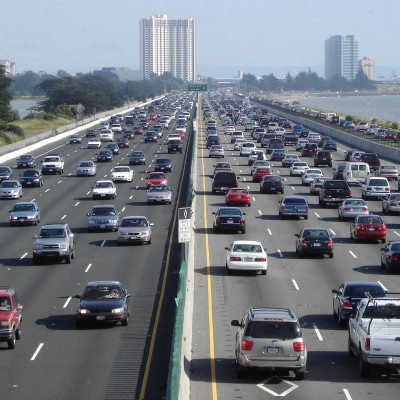
New Report: How the Clean Car Standards Rollback Shortchanges Americans
The Trump administration recently replaced the Obama administration’s strongest climate policy, the Clean Car Standards, with a significantly weaker rule. As justification, the EPA and National Highway Traffic Safety Administration gesture towards the possibility that consumers, by getting a car with better gas mileage, may miss out on features like higher horsepower and acceleration. But even the agencies do not have enough confidence in their reasoning to include it in the main cost-benefit analysis. As our new report explains, relying on this analytical gimmick would contravene decades of agency practice across administrations as well as core principles of basic economics.
-
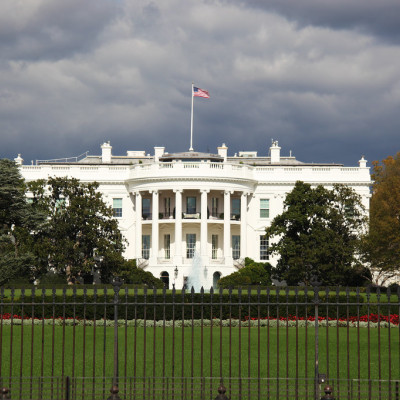
Trump-Era Deregulation and the Cost Savings Narrative
The Trump administration regularly boasts about the cost savings and industry profits yielded by its efforts to weaken regulations. Our new policy brief examines these misleading claims, revealing that the administration’s narrative is contradicted by data. By providing a more balanced accounting of impacts, we demonstrate that the forgone benefits to the public of eight major rollbacks massively outweigh any cost savings.
-
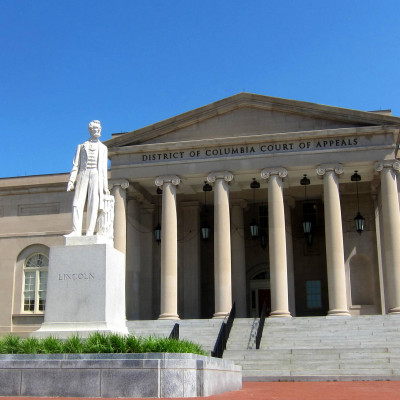
Litigation Updates: Clean Water Protections, Cross-State Air Pollution, Fuel-Economy Penalties
The EPA and Army Corps of Engineers recently published the Navigable Waters Protection Rule, considerably restricting the waters and wetlands that are federally protected under the Clean Water Act. We filed an amicus brief in a California district court focusing on the agencies’ economic analysis, which obscures the rule’s harms. The EPA and Army Corps especially understate impacts on wetlands, likely neglecting roughly 90% of the wetlands-related costs that the rollback would cause.
A federal appeals court ruled that the EPA was wrong to fully deny a Maryland petition asking for tighter pollution limits on coal-fired power plants in upwind states. The three-judge panel rejected the EPA's claim that further pollution reductions would not be “cost effective.” We previously filed an amicus brief on the issue. Richard Revesz discussed the ruling in Reuters and E&E News, noting that the EPA “can’t cite cost as a reason to ignore the law altogether.”
The Second Circuit held oral argument in a case challenging NHTSA's rollback of the penalties for violations of fuel-economy standards. We submitted an amicus brief in the case in December. At argument, the petitioners' attorneys mentioned our brief several times and referenced our arguments, including Policy Integrity's modeling showing that the rule could cost consumers more than $120 billion in additional fuel costs over fifteen years.
-
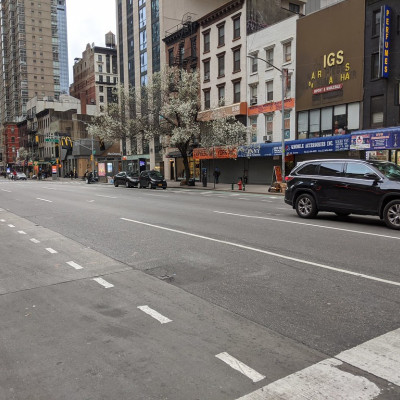
Commentary: Remote Work as Climate Policy; Rollbacks and Presidential Power
Matt Butner and Jayni Hein’s piece in Quartz looks at many Americans’ recent transition to working from home, which has led to significant reductions in greenhouse gas emissions. Remote work is an effective tool in the climate policy toolbox, they explain, and now could be the time for businesses and policymakers to embrace it more permanently.
Richard Revesz and Bethany Davis Noll’s latest piece in The Regulatory Review replies to an essay that took issue with their discussion of the Trump's administration aggressive use of rollback strategies. They point out that the Trump administration has provided its successor with a roadmap to undo its many poorly supported policies.
-

Revesz Seminar: Trump Administration Efforts to Weaken Regulatory Analysis
As part of the NYU Volatility and Risk Institute’s Quantitative Finance and Econometrics seminar series, Richard Revesz discussed the Trump administration’s concerted attack on regulatory analysis. His seminar detailed four strategies used by the EPA and other federal agencies to degrade rational policymaking. By weakening the analytical foundation for clean air and water regulations, Revesz explained, the Trump administration has sought to undercut or eliminate the regulations that bring the biggest health benefits to the American people.
-
More Work From This Month
We released a summary of discussions and open questions for future study from our March conference on carbon pricing in wholesale energy markets. We also submitted comments on:

